Introduction
Marketing automation is known to 86.1% of marketing professionals, according to LianaTech.
However, only a few people can properly use the tools to attain the best results. According to Ascend research, only 20% of businesses fully utilize these technologies.
Your eCommerce store will only survive if you develop smooth workflows with the correct marketing automation software. Otherwise, you risk paying for something that will not benefit you.
Marketing automation enables small business owners to oversee their marketing strategy without manually managing every component of their campaigns.
When you combine e-commerce and marketing automation, you get all the advantages of a sophisticated shopping experience and the capacity to design marketing campaigns that are customer-tailored to your audience.
This implies that with only minimal initial setup and occasional tweaking and monitoring, you may generate more traffic to your site, boost the quantity and amount spent on orders, and bring back more returning customers.
This article discusses numerous tactics for growing your online store. It also includes the tools required to create strong automation workflows.
What is Marketing Automation?
Marketing automation is like having a virtual marketing assistant that helps you streamline and optimize your marketing efforts.
It's a powerful tool that allows you to automate repetitive tasks, personalize customer interactions, and ultimately drive growth for your e-commerce business.
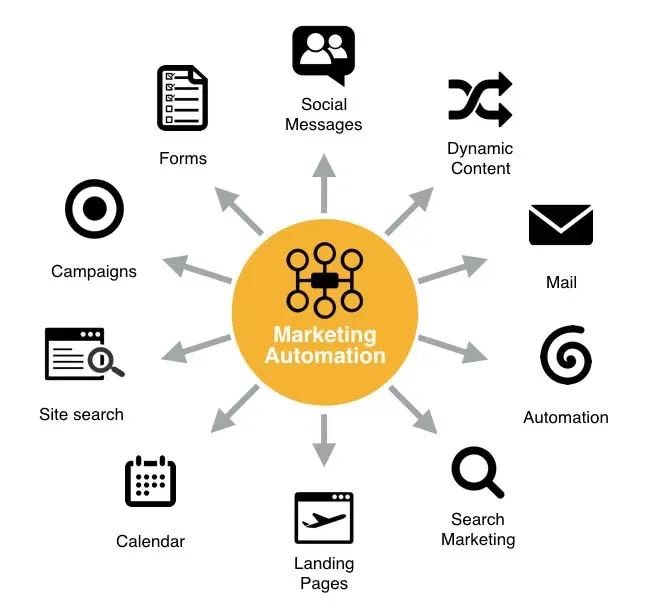
Benefits of Marketing Automation for E-commerce
Marketing automation offers significant advantages for e-commerce businesses, like increased productivity, segmentation, engagement, and more.
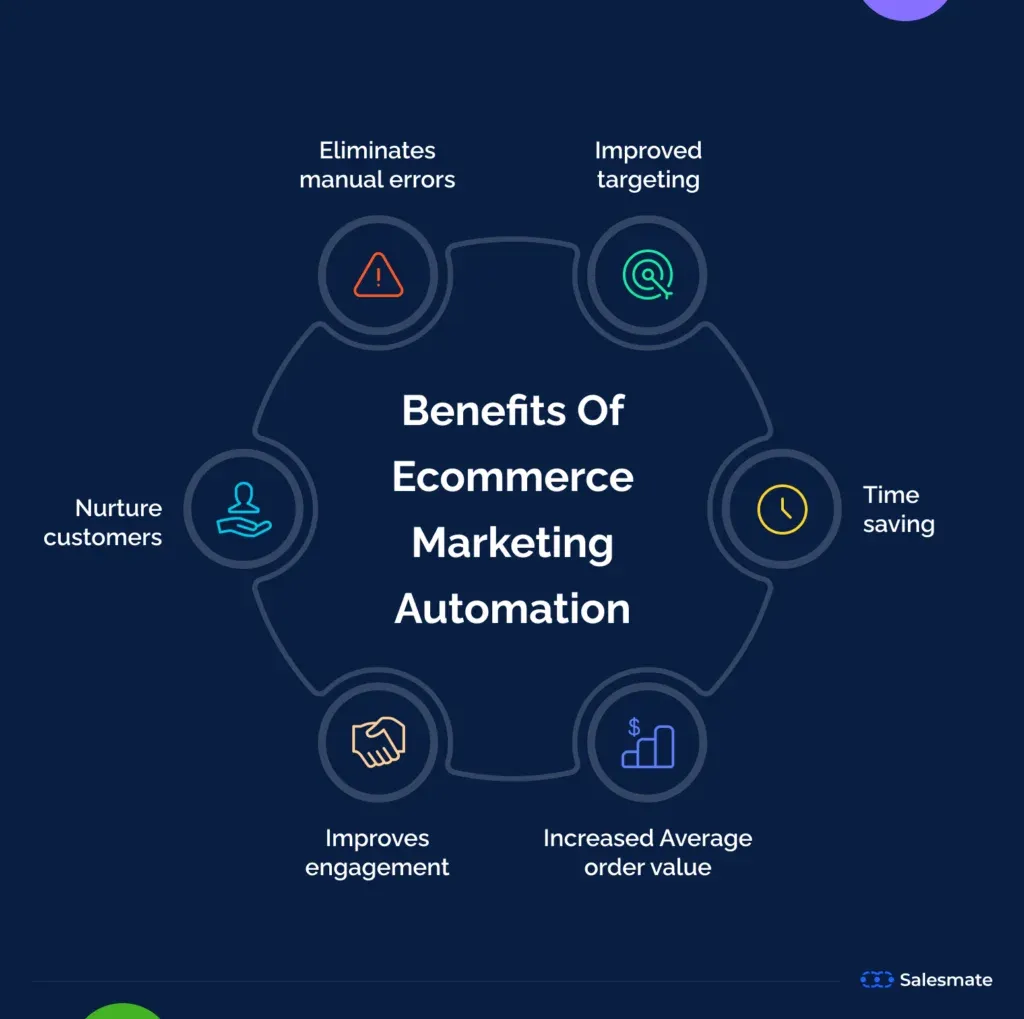
Increased Efficiency and Productivity
With marketing automation, you can say goodbye to manual, time-consuming tasks.
Whether sending personalized emails to thousands of customers or scheduling social media posts for weeks in advance, automation helps you do it all with just a few clicks.
This efficiency allows you to focus on strategic initiatives and grow your business faster.
Improved Customer Segmentation and Targeting
Marketing automation enables customer segmentation based on demographics, behavior, and preferences.
This deep understanding allows for highly targeted messaging, increasing engagement and conversion rates.
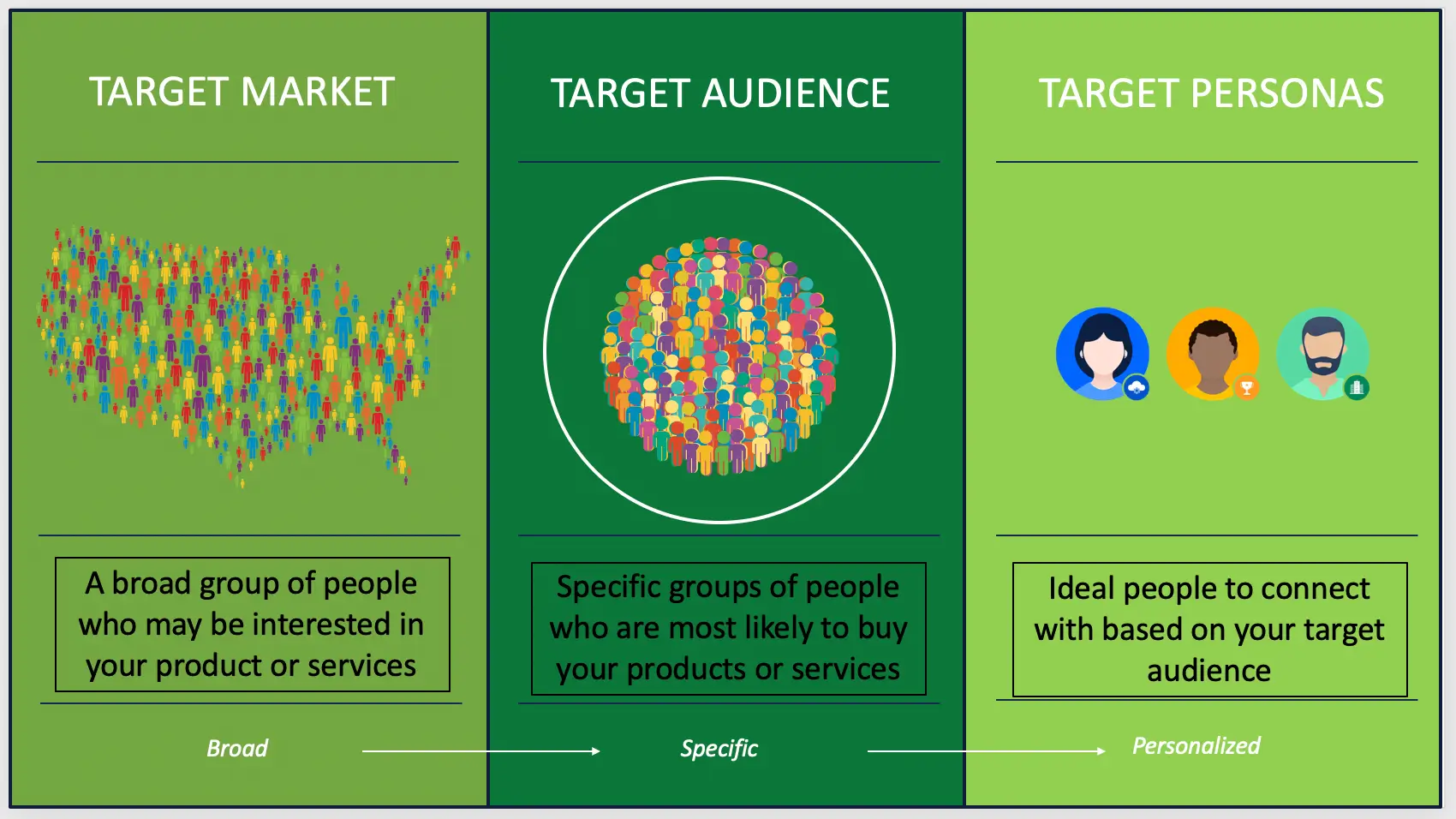
Enhanced Customer Engagement and Retention
Building solid customer relationships is critical for long-term success. Marketing automation enables you to interact with your audience at each point of their journey.
You can welcome new subscribers with welcome emails, follow up with abandoned cart notifications, and even celebrate their birthdays with special offers.
You'll consistently foster customer loyalty and boost retention rates by nurturing these relationships.
Streamlined Sales and Marketing Alignment
In many organizations, aligning sales and marketing teams is a work in progress. Marketing automation bridges this gap by providing a shared platform where both teams can access and track customer data.
It enables smoother handoffs from marketing to sales, ensuring that leads are properly nurtured and sales opportunities are noticed.
The result?
Improved collaboration and a more efficient revenue-generating machine.
Key Components of Marketing Automation for E-commerce
Marketing automation for e-commerce involves various key components that work together to streamline and optimize your marketing efforts.
Let's explore each of these components in detail:
Customer Relationship Management (CRM) Integration
Integrating your CRM with marketing automation software is a game-changer for your e-commerce business. It allows you to consolidate customer data from various touchpoints, giving you a 360-degree view of your customers.
By capturing and analyzing data, you gain valuable insights that help you better understand your audience and tailor your marketing campaigns accordingly.
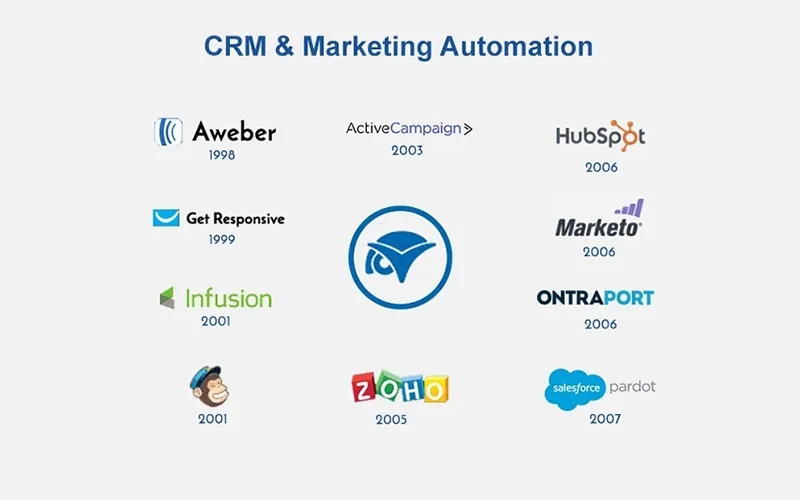
Lead Generation and Capture
Successful marketing automation starts with effective lead generation. You must attract potential customers and capture their information to nurture them into paying customers.
Strategies such as content marketing, social media advertising, and SEO can help you generate leads. Once you have their attention, you can use landing pages and forms to capture their details, such as email addresses or phone numbers.
Suggested Reading:
Optimizing Your Online Store: E-commerce Marketing Best Practices
Segmentation and Targeting
Not all customers are the same, and that's where segmentation comes into play. It enables you to categorize your audience based on demographics, behavior, and preferences.
By segmenting your customers, you can deliver targeted marketing campaigns that resonate with specific groups. This personalization increases engagement and conversion rates, helping you build stronger relationships and drive more sales.
A chatbot can assist in segmentation by asking questions or analyzing user interactions to categorize visitors into relevant segments.
Email Marketing Automation
Email marketing remains one of the most effective channels for e-commerce businesses. Leveraging marketing automation, you can create email sequences and workflows that nurture leads and engage customers throughout their journey.
Make your emails personalized and relevant by incorporating customer data. A/B testing and optimization techniques further enhance email performance, ensuring your messages hit the right chords with your audience.
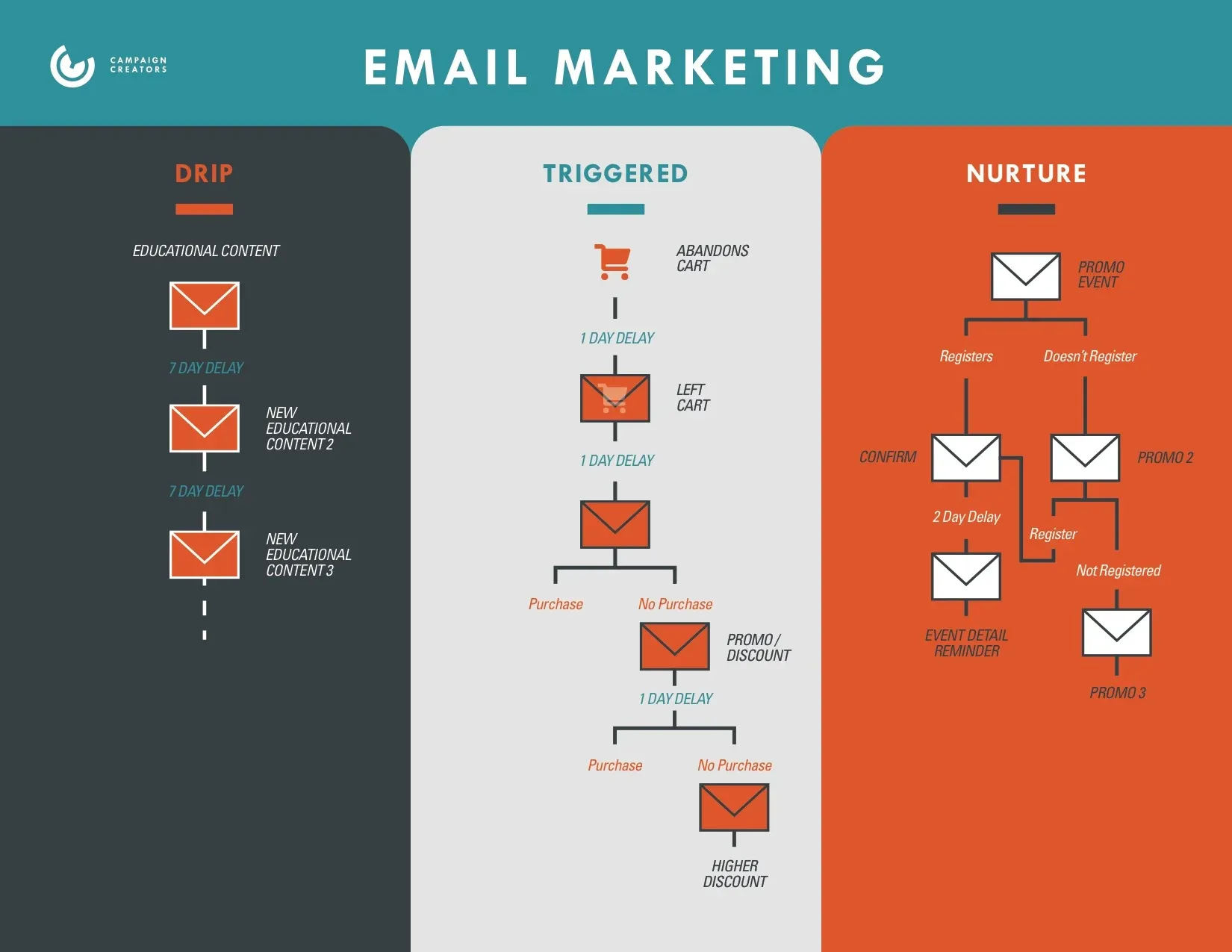
Social Media Automation
Social media is a powerful marketing tool, but managing multiple platforms can be time-consuming.
Enter social media automation. You can save time and ensure consistent visibility by scheduling and automating posts.
Triggered and Behavior-Based Marketing
Triggered and behavior-based marketing campaigns are highly effective in driving customer engagement and conversions. By leveraging customer behavior data, you can trigger personalized marketing actions.
For example, if a customer abandons their cart, you can send them a reminder email with a special offer to motivate them to complete their purchase.
Behavior-based campaigns like product recommendations based on purchase history also increase customer engagement and sales.
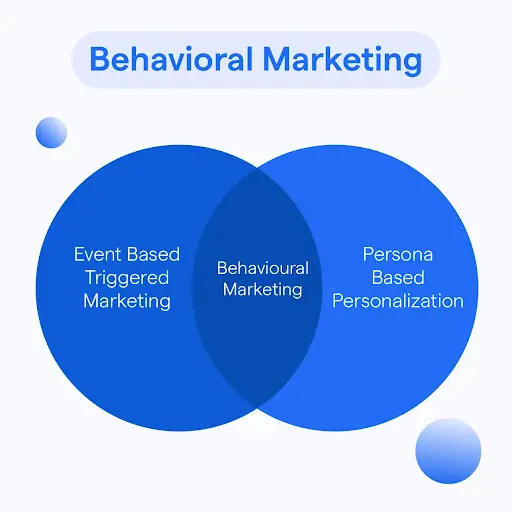
Suggested Reading:
Unlocking the Power of Drip Campaigns in Marketing Automation
Automating Customer Conversation
Automating customer conversation is a key component of e-commerce marketing automation. Chatbots play a vital role by providing instant support, handling FAQs, and offering personalized recommendations.
By scaling customer support operations and providing 24/7 assistance, chatbots enhance customer experience and increase loyalty. They can also collect and analyze customer data to deliver targeted responses and drive sales.
Overall, automating customer conversation through chatbots improves customer experience, boosts efficiency, and frees up resources to focus on more complex customer inquiries, ultimately driving better results for your e-commerce business.
Reporting and Analytics
You must track and measure performance to make informed decisions and optimize your marketing automation efforts.
Reporting and analytics tools offer insights on vital metrics like open rates, click-through rates, and conversions. Analysis of this data helps pinpoint areas for enhancement and informs data-driven decision-making.
Platforms like Google Analytics and marketing automation software's built-in reporting features help you monitor and optimize your campaigns.
So, these were the key components of eCommerce marketing automation. But this list is subject to change as eCommerce marketing practices continue to evolve.
Suggested Reading:
The Impact of AI and Chatbots in E-commerce Marketing
Implementing Marketing Automation for E-commerce Using Chatbots
This section will explore what you can automate using chatbots for e-commerce business. For starters, customer support, recommendations, lead capture, etc., are easily automated using bots.
Let’s learn more about it.
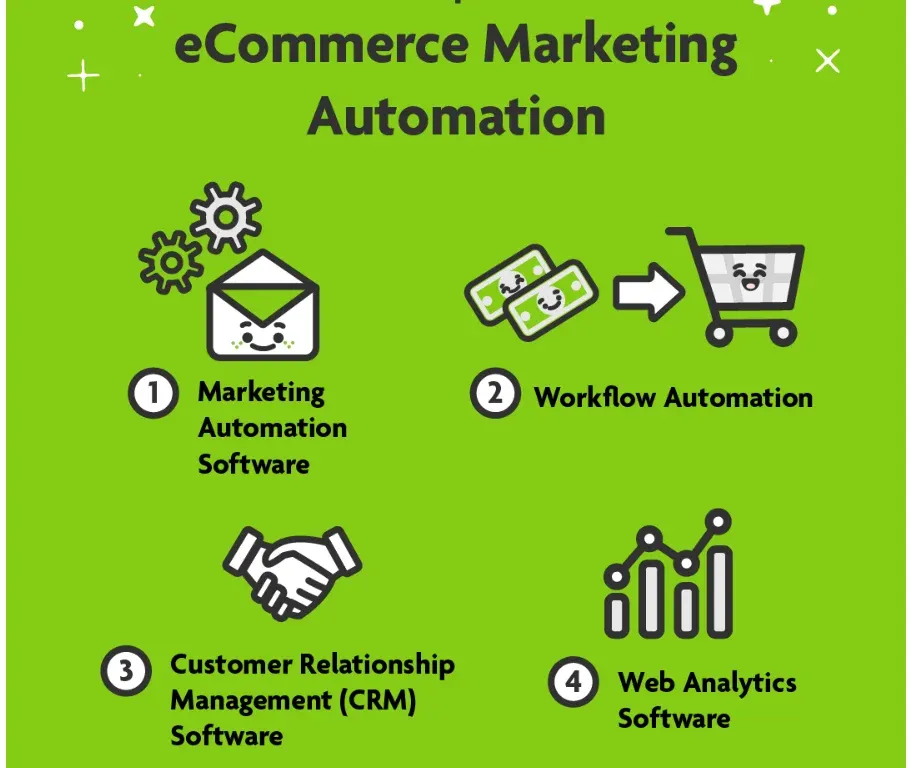
Customer Support and FAQs
With chatbots, you can automate customer support and FAQs, providing immediate assistance to your customers.
Use chatbots to answer commonly asked questions, provide product recommendations, and assist with order tracking, saving time for your customers and support team.
Suggested Reading:
Marketing Automation Chatbot: The New Way to Convert Leads
Personalized Product Recommendations
Chatbots can analyze customer data and preferences to provide personalized product recommendations.
By understanding customer behavior and purchase history, chatbots can offer relevant suggestions, boosting the chances of conversions and increasing sales.
It's like having a personal shopper dedicated to each customer, available 24/7.
Suggested Reading:
Expert Tips for Optimizing Ecommerce AI Chatbots
Lead Generation and Qualification
Chatbots can automate lead generation by engaging with website visitors and collecting their contact information.
Furthermore, chatbots can qualify leads by asking relevant questions and providing customized responses based on the prospect's needs and preferences.
This helps you efficiently identify potential customers and nurture them through the sales funnel.
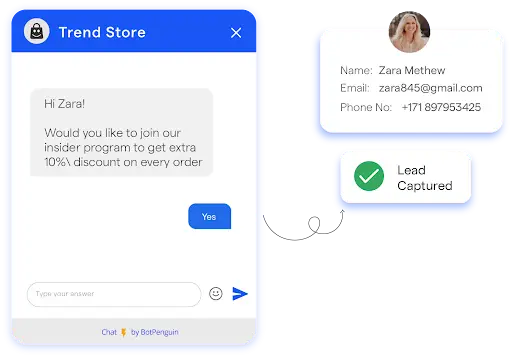
Benefits of Chatbots in E-commerce
Chatbots are one of the most beneficial tools for eCommerce if used correctly. These bots have elevated customer experience, improved sales, streamlined eCommerce processes, etc.
Enhanced Customer Experience: Chatbots deliver instant, personalized responses, elevating the overall customer experience.
Prompt answers lead to higher satisfaction and customer loyalty. Plus, 24/7 support ensures assistance is always available.
Improved Sales and Conversions: As virtual sales assistants, chatbots guide customers through the buying process.
They offer product recommendations, answer queries, and provide discounts. Their proactive approach boosts sales and conversion rates, increasing e-commerce revenue.
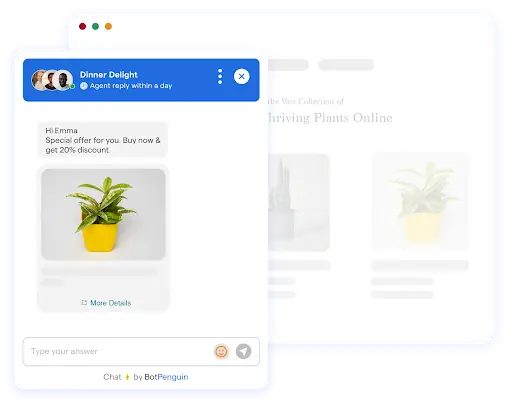
Time and Cost Savings: Chatbots automate tasks, reducing the need for human intervention.
They efficiently handle customer support, lead generation, and product recommendations, freeing up your team for more complex and value-added work. This enhances operational efficiency and cost-effectiveness.
Conclusion
Implementing marketing automation in your e-commerce business is one step closer to success. It allows you to streamline processes, enhance customer experiences, and boost sales.
The possibilities are endless, from leveraging email marketing automation to utilizing chatbots for personalized customer interactions. Remember to experiment, analyze data, and adapt your ecommerce marketing automation strategies accordingly.
Stay creative, think outside the box, and always keep the customer at the center of your automation efforts.
With the right tools and a touch of wit and playfulness, you'll see your business thrive in the world of e-commerce.
Consider AI bots significantly boosting marketing strategies, enabling personalized messages and customer loyalty. Chatbots in marketing are low-risk, high-reward tools in our increasingly digital world.
Ready to implement marketing chatbots? Explore BotPenguin's offerings today!
So, go ahead and automate your way to success!
Frequently Asked Questions (FAQs)
What are the key benefits of using marketing automation in e-commerce?
The key benefits of marketing automation in e-commerce include improved customer targeting, personalized communication, streamlined workflows, increased sales and conversions, and enhanced customer engagement, leading to a more efficient and effective marketing strategy.
How can e-commerce businesses utilize automated email campaigns to boost sales?
E-commerce businesses can utilize automated email campaigns by sending personalized product recommendations and cart abandonment reminders, fostering increased customer retention and increasing sales.
What are some effective strategies for integrating marketing automation in e-commerce platforms?
Effective strategies for integrating marketing automation in e-commerce platforms include segmenting customers based on purchase history and preferences, implementing personalized product recommendations, sending targeted email campaigns, and using automated retargeting ads, creating a more tailored and engaging shopping experience for customers.
How does marketing automation enhance customer engagement in e-commerce?
Marketing automation enhances customer engagement in e-commerce by delivering personalized and timely communication, offering relevant product recommendations, providing exclusive promotions and discounts, creating interactive and user-friendly experiences, and fostering long-term customer relationships and loyalty.


